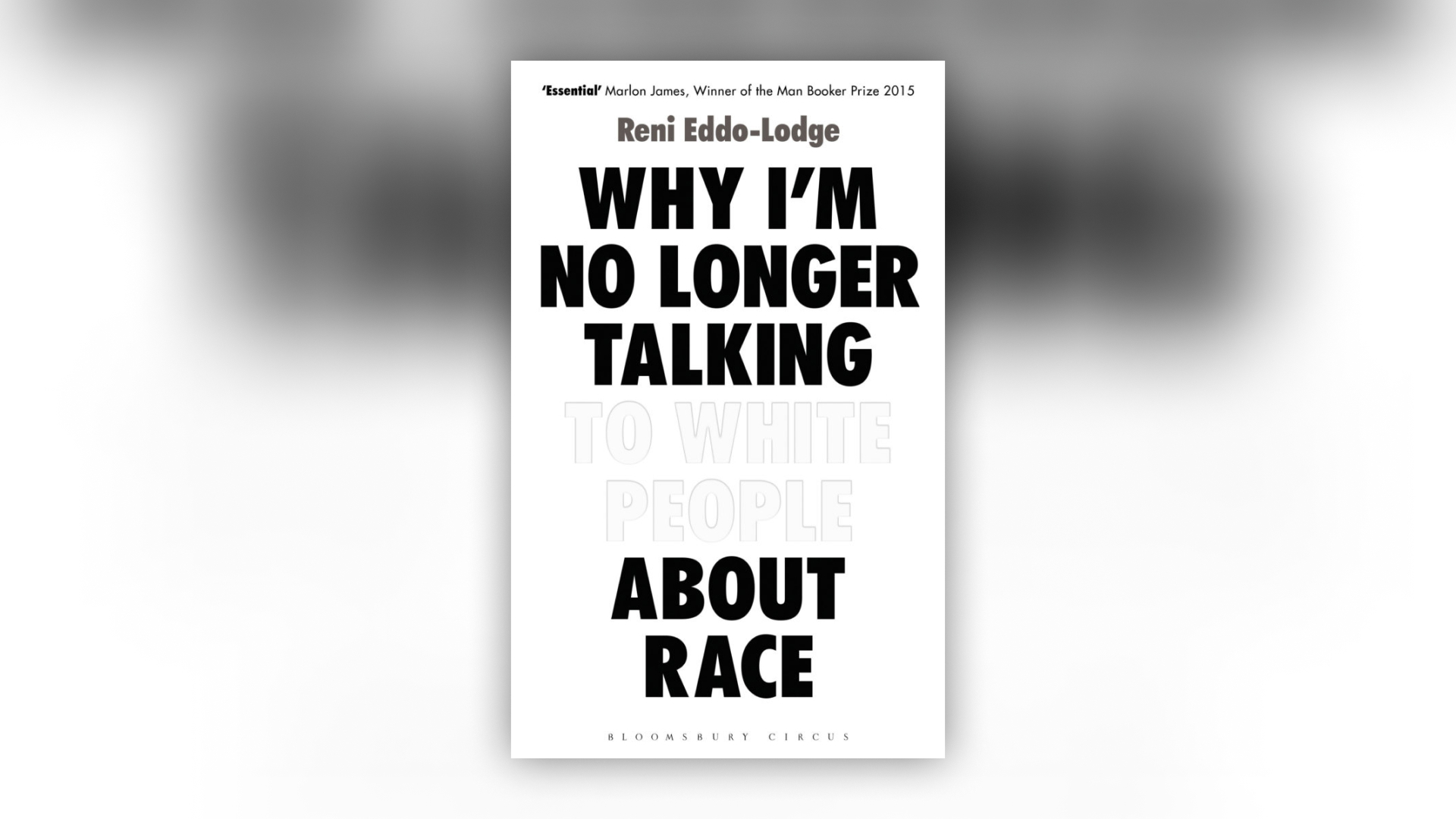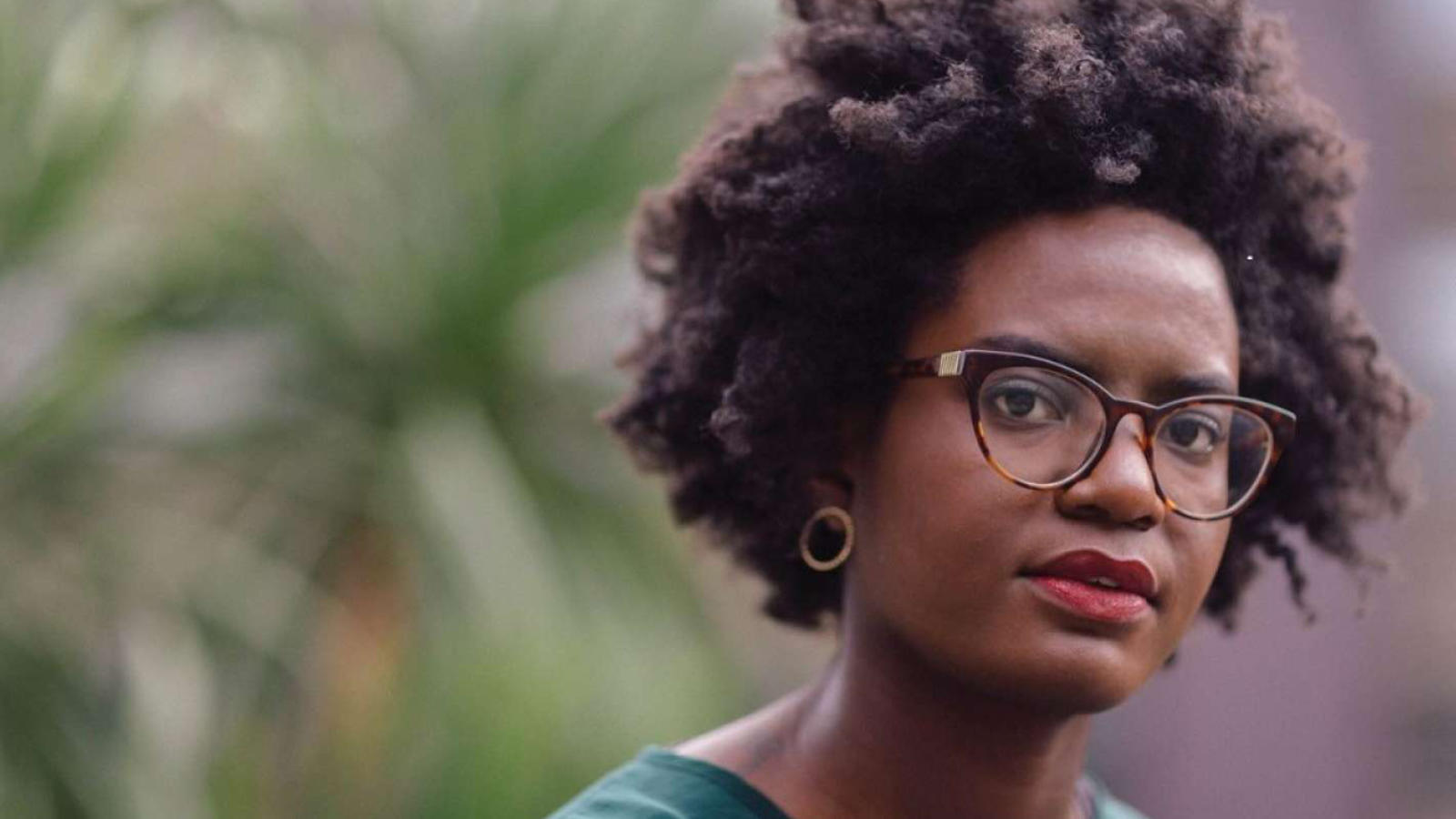Resources
Why I’m No Longer Talking to White People About Race by Reni Eddo-Lodge
A book for anyone interested in the issues of race and racism.
Stephanie Wong | 7 May 2018

Image credit: Act Build Change.
This post uses affiliate links which means that when you buy an item using the link provided we receive a portion of the sale. Affiliate links are marked with a ⟡
A book to interrogate yourself and your relationship with the world in a way you have never done before. After years of trying to talk to white people about race and not getting anywhere, Reni Eddo-Lodge wrote a post that went viral: Why Im No Longer Talking to White People about Race. Her words had an impact. Thousands of comments and conversations spread with people wanting to discuss their experiences. The book is an extension and deeper analysis of race and racism in British society.
Three takeaways
- Racism is not coincidental. It exists for the social purpose of putting power into the hands of white people.
- Racism shapes our opportunities in society.
- We will not build a just world without addressing issues of race and racism.
British society is institutionally racist

There are more black students at London Metropolitan University than in the entire Russell Group of research-intensive universities.
Reni traces our British history of slavery, murder, police brutality and barriers to education and employment of black people. Through statistical analysis, Reni uses complex data to support the fact that if you are a black person in British society, you will face more significant barriers in your life than a white person. This goes from housing to health, to job opportunities and how you are treated in public spaces. Attempts to address this, like pushing for a decolonised curriculum in schools, positive discrimination, and having a black James Bond or Hermione Granger, are generally vilified by the public press and popular opinion.
White privilege is real
White privilege is a manipulative, suffocating blanket of power that envelops everything we know, like a snowy day.
You can’t talk about discrimination without discussing who benefits from that discrimination. Where there is a structural disadvantage, there is also a structural advantage. The people benefiting, whether we are comfortable with this or not, are white people.
We are often more outraged by accusations of racism than racism itself
I just cant engage with the bewilderment and the defensiveness as they try to grapple with the fact that not everyone experiences the world in the way that they do.
Reni says what pushed her to write the initial post was the frustration of being shut down every time she brought up race with a white audience. It was emotionally draining and painful. Reni would be called angry, aggressive, and a problem by white people who would claim to be morally just—women who would identify as progressive. Reni’s post resonated with thousands of people of colour, who commented on and shared her experiences.
Are those readers all wrong?
Look to all institutions of power: Westminster, the media, the arts or the senior leadership in your organisation. Hardly anyone is not white. Are we saying this is because white people are more talented? Or could structural biases be at play, ensuring almost everyone else is left out? We shouldn’t accept that white middle-aged men are the most talented group society has to offer. Too often, we are prioritising white comfortability over honest conversations.
Everyone is complicit, but no one wants to take on responsibility.
Reni calls for us to listen intently and act when we experience racism in our homes, work and public spaces. Learn from people of colour and use your privilege for good. Don’t pretend it is not there: you become part of the problem when you do that. Use this book to support you in challenging racial injustice. As individuals, we are all responsible. Collectively, we can create the world we want to live in.
Buy Why I'm No Longer Talking to White People About Race from Bookshop.org